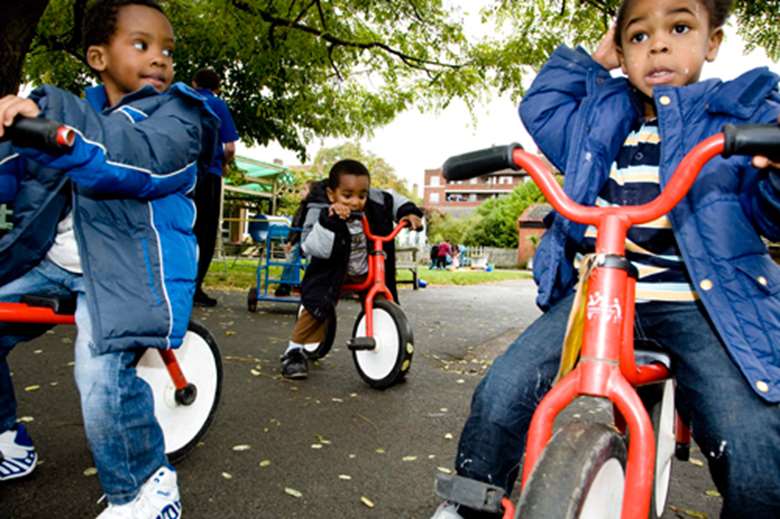Ofsted warns of low uptake of free early years places
Jess Brown
Monday, July 13, 2015
Ofsted chief Sir Michael Wilshaw has called on councils to do more to promote free early years provision after it emerged that more than 40 per cent of eligible two-year-olds have not taken up their place.

The inspectorate's annual Early Years Report for 2015 found that 113,000 disadvantaged two-year-olds are not in an early years placement, despite being eligible.
Currently 15 hours of free childcare each week is available to the 40 per cent most disadvantaged two-year-olds.
But take-up of places has “fallen short of expectations,” the report said.
Wilshaw has encouraged children’s centres and health visitors to help promote take-up of early years places.
"We also need to do much more to encourage the most disadvantaged parents to take up the funded places scheme for two-year-olds, which is currently not reaching anywhere near enough children," he said.
“Local authorities can play a role here.
"They can do more to make sure children’s centres have the essential information they need to do this work,” he said.
“Health visitors already have a particular responsibility to help the poorest families and from September they will be moving under local authority control.
"This is the ideal opportunity to make sure every parent whose child is eligible for a funded place knows about this and is being encouraged to start their child in early education, in a school wherever possible.”
The report also looks at the attainment gap between disadvantaged children and their peers, finding that it has not narrowed “in any substantial way”.
It attributes this partly to schools not doing enough to support pupils' transition from early years settings.
Ofsted also found that of the 5,000 schools that provide childcare places for two-year-olds, a disproportionate amount of those attending come from better-off families.
Wilshaw said it is “the poorest children who have the most to gain if they are being well taught before they reach statutory school age", and "the most to lose if they are not".
“We need to incentivise schools to take more disadvantaged two-year-olds and to work with other early years providers in their local area," he said.
Imelda Redmond, chief executive of 4Children, said the attainment gap is “worryingly wide”.
“We know that as children progress through primary school into secondary it is very difficult to close that gap," she said.
"If we are serious about tackling social mobility we must as a sector work together to ensure that children leave the foundation years to start year one with very best of experiences.”




